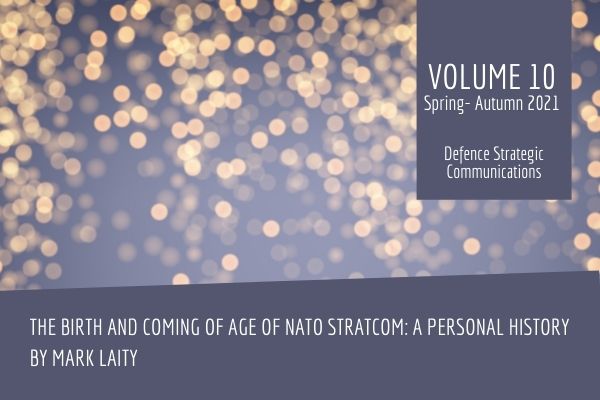ABSTRACT
While tracing back to the second half of the 2000s, Chinese research on strategic communications has experienced a notable uptick over the last few years. Recent studies on China’s own practice of strategic communications, and, more importantly, Xi Jinping’s call to build ‘a strategic communications system with distinctive Chinese characteristics’ in May 2021, suggest that current Chinese views on the subject are worthy of analysis. This article examines 15 years of scholarship on the subject in Mandarin against the backdrop of institutional developments concerning ‘propaganda work’ in the Chinese Party-State under the Xi administration. It shows how the Chinese discourse on strategic communications has evolved from an assessment of US doctrines and practices to a discussion of the effectiveness of the country’s ‘external propaganda’. Contrary to previous attempts to adapt to a perceived Western-dominated ‘discourse system’, Beijing is now seeking to affirm its own values and interests on the global stage.
Keywords—strategic communications, strategic communication, China, Chinese strategic communications, propaganda
About the Author
Aurelio Insisa is an Adjunct Assistant Professor in the Department of History at the University of Hong Kong.






